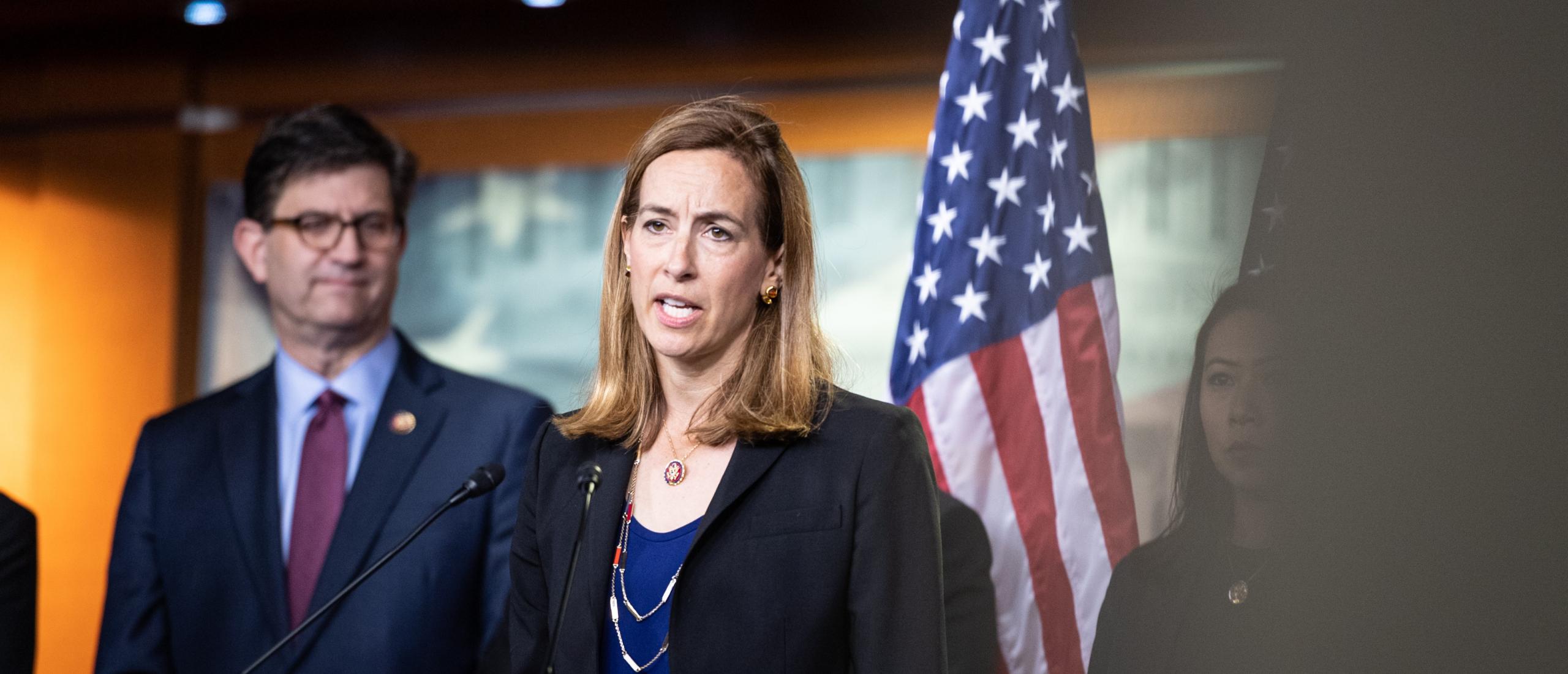Originally by Jordan Zakarin at keystonenewsroom.com
Energy, environmental, and food policies included in Project 2025 would be catastrophic to the health of Americans. The nearly 1000-page plan for a second Trump term calls for regulatory rollbacks for a range of government industries and offers perverse incentives for corporate offenders across major industries.
Some of the most pernicious environmental schemes proposed by Project 2025 are buried in bureaucratic directives. The far-right plan for a second Trump term, for example, proposes downgrading the Environmental Protection Agency’s upcoming reclassification of the chemicals perfluoroalkyl and polyfluoroalkyl substances (PFAS), which will officially be deemed hazardous on November 4th.
Colloquially referred to as forever chemicals, PFAS are man-made substances that were used in the production of plastics and other household goods. Immensely hard to destroy and strewn across the planet, landfills, and kitchen cupboards, PFAS have been linked to a litany of fatal diseases.
A recent study found that more than 200 million Americans may have toxic PFAS in their drinking water, and reversing the reclassification would permit corporations to continue producing and dumping these poisons, essentially with impunity. Lead pipe removal would be drastically slowed down from the Biden administration’s current goal, allowing for up to 20 more years of poisoning predominantly minority and low-income communities.
Even learning about the dangers of mid-century industrial materials would be curtailed. Project 2025 also proposes cutting off both scientific research and public awareness. It would cut off funding for the Integrated Risk Information System, a database that contains information about the cancer-causing of various chemicals and provides state regulators data needed for their own standard-setting. Even the National Weather Service would be stripped of funding, hobbling the study of climate change.
Americans’ right to eat healthy food — and track what exactly they’re eating — would also come under fire. Just as manufacturers are trying to undo the regulations around forever chemicals, big corporate agriculture and food companies have set their sights on continuing the sale of ultra-processed and chemically altered foods. Project 2025 would make that possible, in part by gutting the power of the US Department of Agriculture (USDA).
Recommendations range from undoing regulation around production to ending even the most minimal responsibility that corporations have to inform the public of what’s in its food. The text is overt about its intentions, arguing that the USDA “should help lead an effort to repeal the Dietary Guidelines” and as well as the federal labeling mandate.
Repealing the labeling mandate would take nutrition information back to the 1980s, when food safety concerns and misleading health information were rampant. It would essentially allow food companies to mislead the public into purchasing baby food that falls short of nutritional recommendations, unwittingly consume deadly allergens, and be fooled into eating food with undesirable chemicals and unhealthy portions of saturated fats.
Polluting the air would send premature deaths skyrocketing
Project 2025 has a particular hostility towards the new regulations and incentives that are reshaping the energy sector.
According to the nonpartisan Energy Innovation Technology & Policy (EITP), canceling Democratic energy policies like the Inflation Reduction Act and instead implementing Project 2025’s recommendations would lead to a huge spike in pollutants released into the atmosphere, resulting in 6,000 premature deaths in 2030 and nearly 25,400 premature deaths per year by 2050, as well as untold environmental damage.
“Rolling back the IRA, EPA tailpipe and fuel economy standards for vehicles, and removing the waiver that lets California set its own standards and other states adopt them, together they significantly increase the amount of gasoline combusted from vehicles,” says Robbie Orvis, the Senior Director for Modeling and Analysis at EITP. “That’s where a lot of the increased emissions of those health damaging pollutants are coming from.”
The organization reached the grim assessment by running models through its US Energy Policy Simulator, which evaluates the impact of decarbonization policies. The simulator’s health outcomes are based on EPA data on how health outcomes are impacted by airborne particulate matter, with coal, gasoline, and natural gas providing the highest concentration of dangerous pollutants.
The EPA model examines those pollutants’ impact on asthma exacerbation, chronic obstructive pulmonary disease (COPD) exacerbation, and combined respiratory-related diseases, and the morbidity numbers are equally ugly.
Ending the current climate-friendly trajectory and instead running the Project 2025 playbook would lead to 167,000 additional annual asthma attacks by 2030 and 771,000 by 2050; hospitalizations would increase by 3,000 by 2030 and 14,600 by 2050.
“Health damages tend to increase over the course of the study for a couple of reasons,” Orvis explains. “One is that the change in emissions of fossil fuels grows over time: If we have electricity demand growing and we’re avoiding building clean energy every year, that difference in how much electricity is being provided by clean versus fossil fuels grows over time. So, you tend to see growth in negative health outcomes over time.”
These estimates focus on Project 2025’s greenhouse gas recommendations, which, beyond repealing new incentives and regulations, include hobbling the EPA’s ability to monitor and limit emissions, encouraging dirty energy, and opening public land to oil drilling.
The report is inherently an incomplete assessment of the impact that the right-wing blueprint would have on the environment and public health, a foreboding thought considering how many additional damaging policies it outlines and the number of lives at stake from other forms of pollution and preferencing corporate profit over public safety.
-
Jordan Zakarin is a writer and reporter based in New York City. He works as a producer for the media nonprofit More Perfect Union and publishes the Progress Report newsletter.
Read the Original Story




